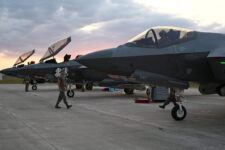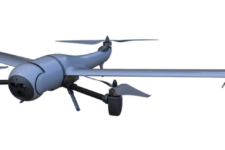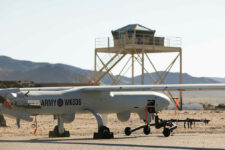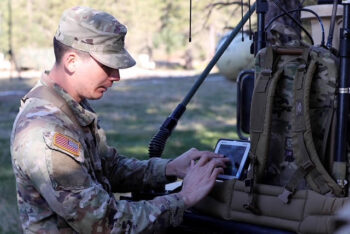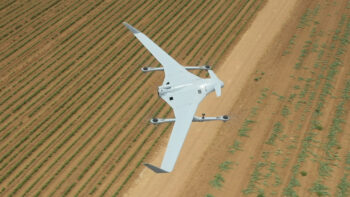
Israeli seeks to purchase up to 18 CH-53K helicopters. (US Marines)
WASHINGTON: The State Department on Friday cleared a pair of potential Foreign Military Sales cases with a combined estimated price tag of over $4 billion.
The vast majority of that dollar value comes from the potential sale of up to 18 CH-53K Heavy Lift Helicopters to Israel, which could cost $3.4 billion. The potential sale of 300 Javelin FGM-148 Missiles to Thailand accounts for another estimated $83.5 million.
The two deals, announced on the website of the Defense Security Cooperation Agency, are not final. FMS cases announced like these have been given support from the State Department, but still are pending weigh-in from Congress; should the Hill not object, the quantities and dollar values in the deals can change during negotiations with industry.
For the Israeli FMS case, the 18 helicopters would come with 60 T408-GE-400 Engines and a mix of communications equipment, GAU-21 .50 caliber machine guns and mission systems. Lockheed Martin is the prime contractor. The announcement of the potential sale come as the Israeli government is sending signals to Washington that any renewed deal with Iran should come with more arms for Israel, including items not normally sold to allies. Today’s announcement is the fifth FMS case with Israel made public since the start of fiscal 2017.
Thailand’s request would cover 300 Javelin missiles, as well as 50 Command Launch Units, plus associated technical support and training. Thailand wants to use the Javelin to replace the 106mm Recoilless Rifles that the Royal Thai Army was given back during the Vietnam War; doing so will improve the country’s anti-tank capability and help with interoperability, according to the DSCA statement.
The prime contractors are Raytheon and Lockheed. This represents Thailand’s fourth DSCA case approved by the State Department since the start of fiscal 2017.
As Air Force lays out Force Design, top strategist warns service is ‘underfunded’ to face China
“If I had to categorize it, modernization costs are something that we still need,” Lt. Gen. David Harris told Breaking Defense. “And there’s even some readiness pieces in here that allow me to have the right supply and support. All of that still needs to come together.”


